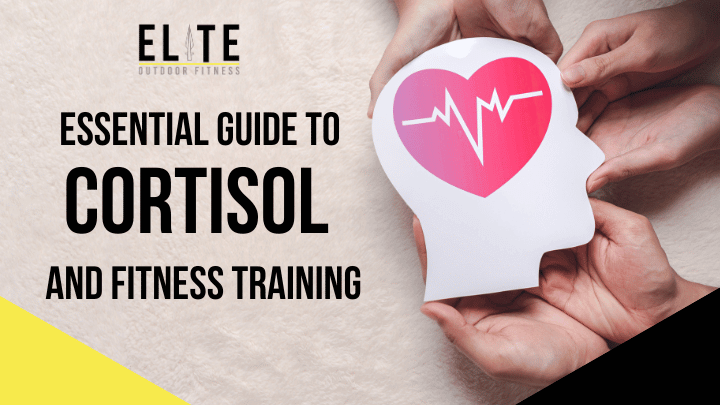Sleep and fat-loss
Sleep deprivation and deficiency are conditions that occurs when you don’t get enough sleep. However, this isn’t exclusive to quantity here, as quality may actually matter more.

Sleep deprivation and deficiency are conditions that occurs when you don’t get enough sleep. However, this isn’t exclusive to quantity here, as quality may actually matter more.
According to recent reports[1], 3 out of 4 people aren’t getting the required daily amount of 7-9 hours. With so many trying to improve their health, and fat-loss being one measure of that, research indicate that failing to get enough sleep will undermine your fat-loss results, not matter how good your diet and training is.
We need lean muscle mass, regardless of our health and wellness goal. However, a decrease in lean muscle mass is not only detrimental for our fat loss results, but our metabolism too.
During a 2-week study[2], researchers discovered that sleeping for only 5.5 hours compared to 8.5 hours per night saw a significance difference in overall fat reduction, all whilst on a moderate caloric restriction (the usual weight-loss method).
However, of the overall weight-loss during this study, there was a bigger reduction in lean muscle in those sleeping for only 5.5 hour a night. Which means that not only can you lose more fat by sleeping more, but you can spare you lean muscle by doing so too.
A typical breakfast these days is sugar and carbohydrate dense, which is not only bad for you regardless of your health and wellness goal, but even worse after a night of poor sleep[3].
However, raising your blood sugar levels beyond the normal range isn’t the only damage caused by a poor night’s sleep. Research shows there’s an increase in insulin sensitivity too[4], creating a terrible fat-loss environment in the body.
But there’s more.
Whilst your body is storing more energy and your blood sugar levels are in the pre-diabetic range, your appetite regulating hormones, leptin and ghrelin will also be negatively affected. Sleep deprivation is linked to an increase in appetite[5] and poor food choices too[6], making dieting and healthier even harder.
In conclusion, if you truly want to improved your overall fat-loss results and minimise the pain of ‘diet’ and ‘healthy eating’ adherence, make sure you’re getting enough sleep each night.
Sleep is free and requires zero effort.
Is it time for you to start prioritising your sleep?
I’d love to know what you think, please leave a comment below.
Speak soon, JC
[1] Ministers may advise on how much sleep people need https://www.bbc.co.uk/news/health-48972243
[2] https://www.ncbi.nlm.nih.gov/pmc/articles/PMC2951287/
[3] https://www.ncbi.nlm.nih.gov/pmc/articles/PMC2084401/
[4] Sleep Restriction for 1 Week Reduces Insulin Sensitivity in Healthy Men – Orfeu M. Buxton, Milena Pavlova, Emily W. Reid, Wei Wang, Donald C. Simonson and Gail K. Adler.
[5] https://www.ncbi.nlm.nih.gov/pmc/articles/PMC2084401/
[6] https://www.ncbi.nlm.nih.gov/pmc/articles/PMC3763921/
2 thoughts on “Sleep and fat-loss”
Write a Reply or Comment
Related Articles
If you've enjoyed this post why not try these related articles…




Thanks JC
What do you think about the “Power Nap”? Another fad, or a powerful tool to add to the overall wellness strategy?
Matthew
Hey Matthew,
It’s definitely not a fad and a great tool for anyone who’s unable to get a full night’s sleep. Research is clear on the negative effects of sleep deprivation and if napping is your way of decreasing this, then so be it.
NASA found that 26 minutes seems to be the sweet spot for pilots but 30-mins or less usually does the job. 5 mins seem to take the edge off, 15 minutes has memory benefits and 20-30mins is more physically restorative. You just want to avoid waking up groggy! But, if you’re a shift worker or a really bad sleeper, then you may benefit from a 90-minute nap later in the day.
Let me know how you get on!
– JC